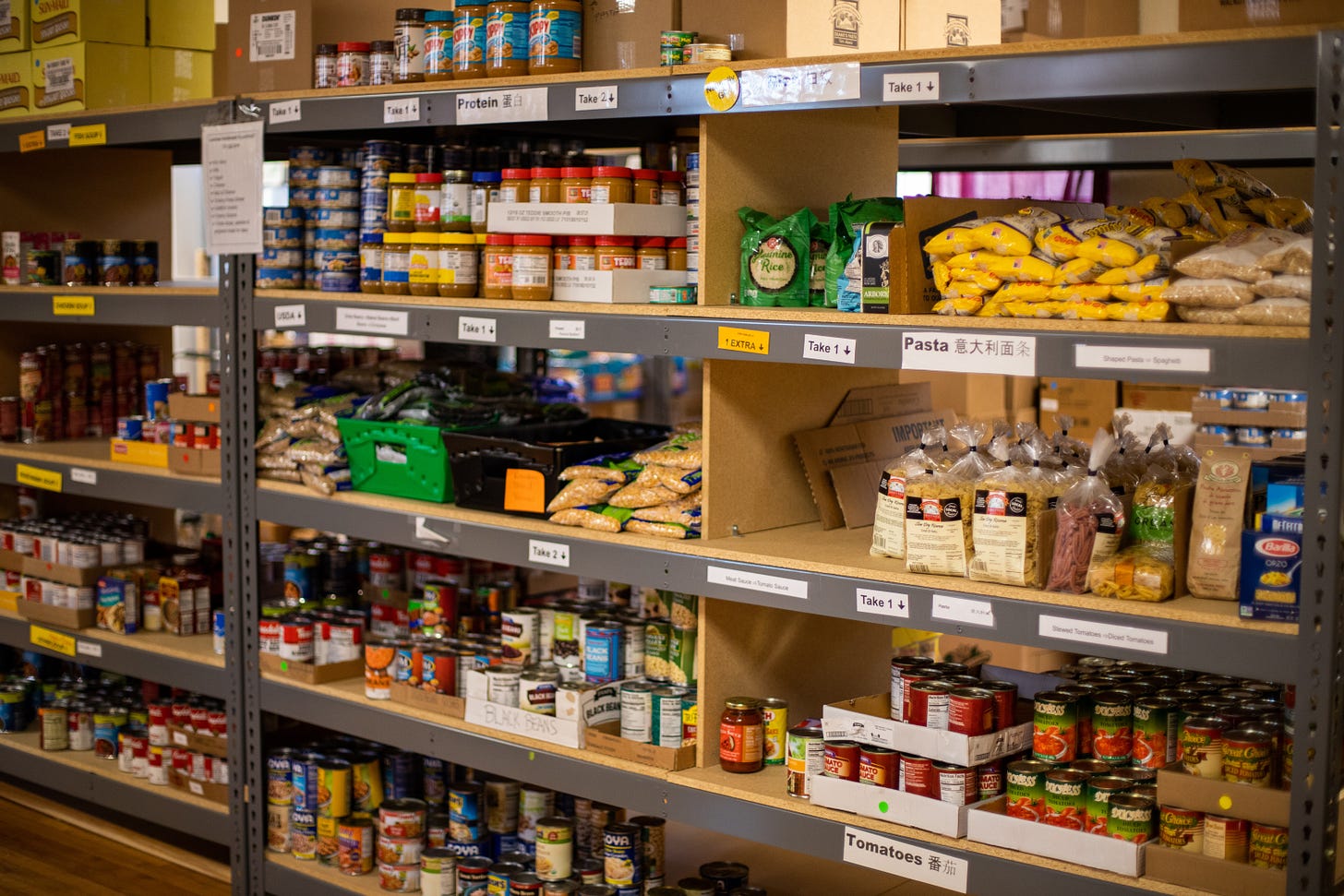Asking the Wrong Question
What if community engagement isn't about “meeting the needs” of our neighbors?
I met some characters as the pastor of King Street Church, a network of fresh expressions that met in a pub, the county jail, and the local homeless shelter. But none compared to Kevin. He was a free spirit with a playful sense of humor that kept us laughing. One day I picked Kevin up from the parole office, fresh from his release from prison. As was the tradition at King Street Church, we headed straight to China Buffet for a big meal. On the drive over I said to Kevin, “I’ve got some big news. My wife is pregnant!” Without hesitation he replied with a grin, “Is it yours?” After mustering the best back-handed smack I could while driving I said, “Yes, you punk.”
Kevin asked the wrong question.
I can’t help but think the church in the United States has been asking our neighbors the wrong question for quite some time.
“Meeting Needs”
For as long as I’ve been in community engagement ministry, the most common question I’ve seen the church ask of its neighbors is, “What are your needs that we can meet?”
By my observations, most churches that want to be more connected to their community focus on “meeting the needs” of their neighbors. Programs like food pantries, clothing closets, and Christmas present ministries abound in the American church. Often these programs focus on what neighbors lack and fail to see them as complex and whole people with passions, dreams, gifts, and longings. As a result, many of these ministries end up causing harm to the people the churches are trying to serve (see When Helping Hurts or Toxic Charity for more).
When meeting needs is our goal, it makes sense to start with a needs assessment. What we ask influences what we hear, and what we hear influences how we respond. When we conduct a needs assessment, we will identify a need and seek to address that need. What if the church is called to something more than meeting needs?
Better Questions
Our neighbors are whole people with gifts, passions, and deep longings for spiritual meaning, belonging, and abundance. Churches are uniquely called and positioned to develop meaningful spiritual community. Why isn’t that our first inclination when trying to connect with neighbors?
What if instead of asking about needs we asked about their search for spiritual meaning?
What if we asked questions like:
How would you describe your spiritual life?
What are your spiritual practices?
How do you feel about organized religion?
What would you look for in a spiritual community?
Do you have any hopes, dreams, or longings you would be willing to share?
Imagine what we could do with this type of information from our neighbors! It could help us start new forms of church, it could help us let go of outreach ministries that no longer relate to the community, and it could help us adapt existing ministries of the church to better fit our context.
There’s obviously a time and a place and a right way to feed and to clothe our neighbors, but we must push ourselves to reach out to our neighbors in a more wholistic way. And that starts with better questions.
If you’re interested in learning more about a wholistic form of community assessment download my free Spiritual Listening Plan below:





